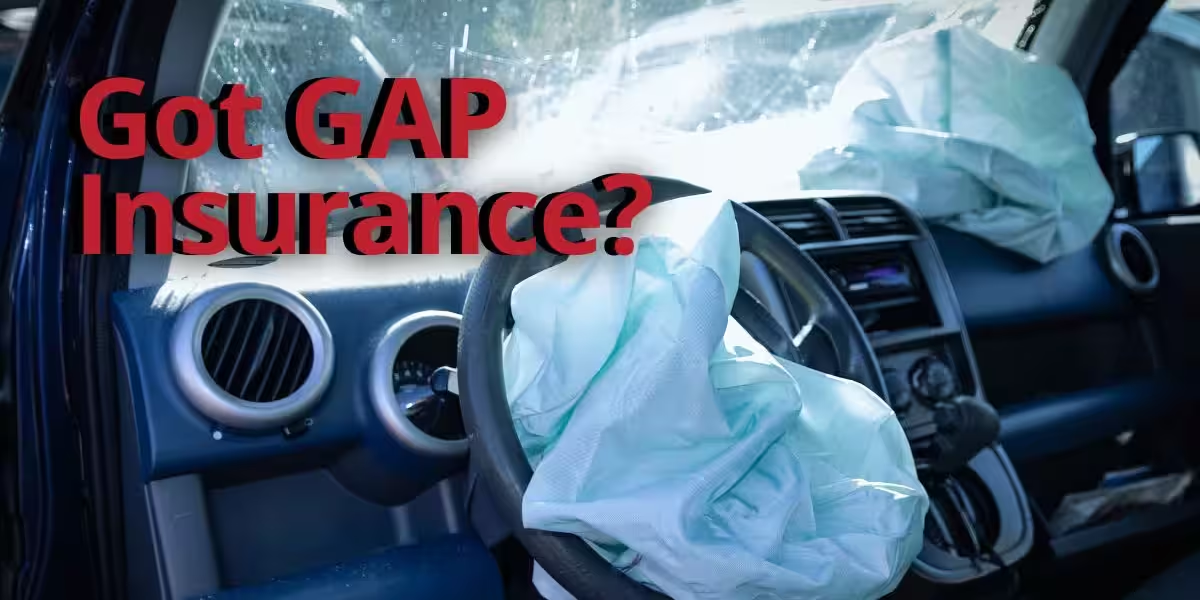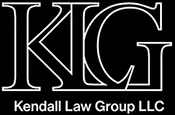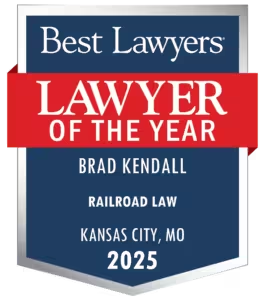
The Importance of GAP Insurance in the Event of a Collision: A Guide for Kansas City Drivers
For Kansas City drivers who finance their vehicles, understanding the importance of Guaranteed Asset Protection (GAP) insurance can make a significant difference in your financial well-being after an accident. Collisions can lead to unexpected expenses, and without proper coverage, you might find yourself facing considerable financial strain. This guide will delve into GAP insurance, explaining its role, benefits, and how it works alongside standard auto insurance to safeguard your financial interests.
What is GAP Insurance?
GAP insurance is a specialized form of auto insurance designed to cover the difference between the amount you owe on your car loan and the actual cash value (ACV) of your vehicle in the event of a total loss accident. This gap often arises because the value of new cars depreciates rapidly, sometimes faster than the loan balance decreases. When an accident results in a total loss, your standard auto insurance will pay out the ACV, which might be significantly less than your outstanding loan balance. GAP insurance covers this shortfall, ensuring you are not left with an unpaid loan for a vehicle you can no longer use.
The Basics of Auto Insurance
Before diving deeper into GAP insurance, it’s essential to understand the basics of standard auto insurance. Auto insurance typically includes several components:
- Liability Coverage: Covers damages and injuries you cause to others in an accident.
- Collision Coverage: Pays for damage to your vehicle resulting from a collision.
- Comprehensive Coverage: Covers non-collision-related damages, such as theft, vandalism, or natural disasters.
- Personal Injury Protection (PIP): Covers medical expenses for you and your passengers after an accident.
- Uninsured/Underinsured Motorist Coverage: Protects you if you’re involved in an accident with a driver who has insufficient or no insurance.
While these coverages provide a robust safety net, they may not fully protect you in the event of a total loss if you owe more on your vehicle than its current market value.
Why GAP Insurance is Important
GAP insurance is crucial because it fills the financial gap left by standard auto insurance policies. Here are some key reasons why GAP insurance is essential:
- Depreciation: New cars depreciate quickly, losing up to 20% of their value within the first year. If you finance your vehicle, this rapid depreciation can leave you owing more than your car is worth.
- Loan Terms: Long-term loans with low monthly payments are popular, but they often result in a slower decrease in your loan balance compared to the vehicle’s depreciation rate.
- Total Loss Accidents: In severe accidents where the vehicle is deemed a total loss, standard insurance only covers the ACV. Without GAP insurance, you could be responsible for paying the remaining loan balance out of pocket.
How GAP Insurance Works
When you purchase GAP insurance, it activates in the event of a total loss accident. Here’s a step-by-step look at how GAP insurance works:
- Accident Occurs: You’re involved in a collision that results in your car being declared a total loss.
- Standard Insurance Payout: Your standard auto insurance pays the ACV of your vehicle.
- GAP Coverage: GAP insurance covers the difference between the ACV and the outstanding loan balance, ensuring you are not left with a loan for a car you no longer have.
Comparing GAP Insurance to Standard Auto Insurance
While standard auto insurance protects you against a range of risks, it doesn’t cover the gap between your car’s ACV and your loan balance. Here’s a comparison:
- Standard Auto Insurance: Covers liability, collision, comprehensive damages, medical expenses, and uninsured/underinsured motorists.
- GAP Insurance: Specifically covers the difference between your loan balance and your car’s ACV in the event of a total loss.
Both types of insurance are essential for comprehensive protection, especially for financed vehicles.
Financial Implications of Auto Accidents
Auto accidents can have significant financial implications, including medical bills, repair costs, and potential legal fees. For financed vehicles, a total loss accident can also mean continued loan payments for a car you no longer possess. Without GAP insurance, this financial burden can be overwhelming.
Protecting Your Financial Interests
GAP insurance is a strategic investment to protect your financial interests. By ensuring that you won’t be responsible for an unpaid loan balance after a total loss, GAP insurance provides peace of mind and financial stability. This protection is especially vital for Kansas City drivers who finance their vehicles and might face substantial loan balances.
Understanding Total Loss Accidents
A total loss accident occurs when the cost to repair the vehicle exceeds its ACV. In such cases, insurance companies opt to pay the ACV rather than fund repairs. Understanding this concept is crucial for recognizing the value of GAP insurance, which covers the remaining loan balance that standard insurance does not.
How to Choose the Right GAP Insurance
Choosing the right GAP insurance involves considering several factors:
- Cost: Compare premiums from different providers to find an affordable option.
- Coverage Limits: Ensure the policy covers the full gap between your loan balance and the ACV.
- Exclusions: Be aware of any exclusions that might limit your coverage.
- Provider Reputation: Choose a reputable provider known for prompt and fair claims processing.
Filing a GAP Insurance Claim
Filing a GAP insurance claim involves several steps:
- Obtain Documentation: Gather necessary documents, including the police report, insurance policy, and loan statements.
- Submit a Claim: Contact your GAP insurance provider to initiate the claim process.
- Provide Required Information: Submit all required documents and information to support your claim.
- Follow-up: Stay in touch with your provider to track the progress of your claim and ensure timely processing.
FAQs about GAP Insurance
Q: Do I need GAP insurance if I lease my car?
A: Yes, GAP insurance is beneficial for leased cars as well, covering the difference between the lease payout and the ACV.
Q: Can I add GAP insurance to an existing policy?
A: Many insurers allow you to add GAP insurance to an existing auto insurance policy. Check with your provider for details.
Q: How long do I need GAP insurance?
A: You need GAP insurance until your loan balance is less than the ACV of your vehicle.
The Cost of Not Having GAP Insurance
Without GAP insurance, you could face significant financial consequences in the event of a total loss accident. Paying off a loan for a car you no longer own can strain your finances and impact your credit score.
Maximizing Your Insurance Benefits
To maximize your insurance benefits, ensure you have comprehensive coverage, including GAP insurance. Regularly review your policies and adjust coverage as needed to match your financial situation and vehicle value.
Dealing with Insurance Companies
Navigating the claims process with insurance companies can be challenging. Be prepared to provide detailed documentation and maintain clear communication to ensure a smooth process. If disputes arise, consider seeking legal advice to protect your interests.
Kansas City Auto Accident Injury Trial Lawyers
At Kendall Law Group LLC, our Kansas City auto accident injury trial lawyers are dedicated to helping you navigate the complexities of insurance claims and legal proceedings after an accident. We understand the challenges you face and are committed to securing the compensation you deserve.
Remember, the choice of a lawyer is an important decision and should not be based solely on advertisements. If you have any questions about GAP insurance or need assistance after an accident, contact us today for a free consultation at (816) 531-3100
Additional Resources
The Impact of Delayed & Gapped Treatment in Missouri & Kansas Car Accident Injury Claims
Navigating Medical Payment Coverage (MedPay) in Kansas and Missouri
Kansas Personal Injury Protection (PIP) Coverage Explained
The Silent Aftermath: Unmasking TBI Post Auto Accident
Auto Accident Delayed Injury Onset: Why You Should Never Ignore Symptoms
The Impact of Delayed & Gapped Treatment in Missouri & Kansas Car Accident Injury Claims






